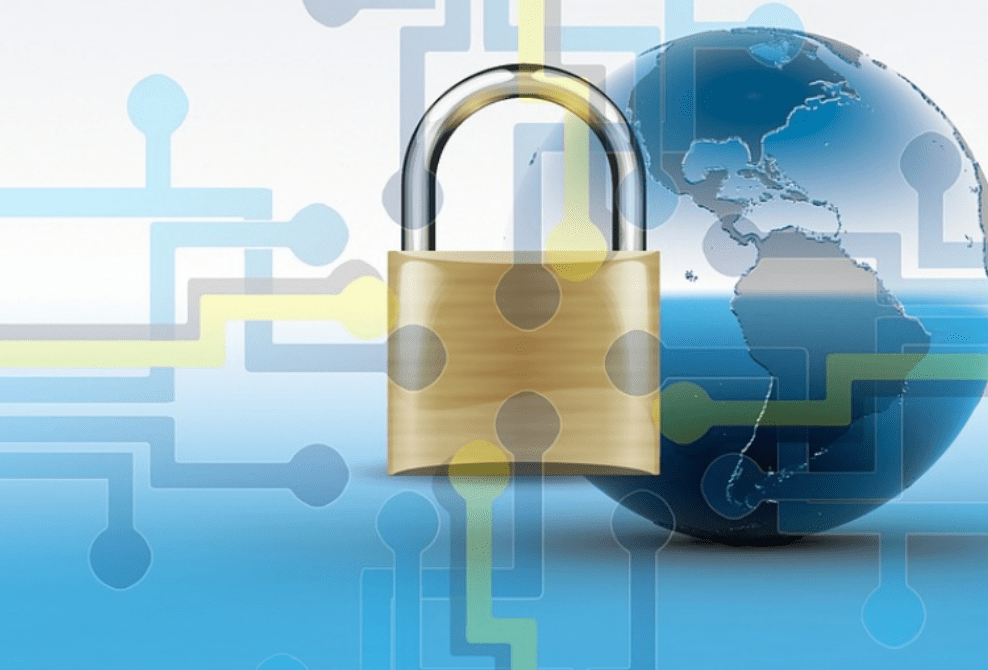Do I Really Need An SSL Certificate?

by EnyOsung
It is a pleasure to bring you a guest post that is relevant to all of our businesses given that we have websites. Also, this is an issue that I am coming to terms with right now about my website. So a massive thanks to Bill @ PixelPrivacy.com. Enjoy the post
Do I Really Need An SSL Certificate?
A secure and private browsing experience is increasingly more important, especially if you enter personal and payment information on websites. Therefore, it’s, important to know how you can recognize a secure website, why it is secure and how it’s secure so you don’t risk to have your sensitive information stolen by cybercriminals
In this article, I’ll explain everything you need to know about SSL certificates.
SSL Certificate Explained
SSL stands for “Secure Sockets Layer,” which is a shorthand for a digital certificate and a digital signature for websites. The SSL certificate allows visitors to identify whether a site is protected. Visitors can identify an active SSL certificate by a green padlock in the browser’s address bar. The beginning of the URL will also begin with “https” instead of “http.” The “S” in https stands for “secure.” An SSL certificate is protecting both the website and the users by creating an encrypted communication tunnel, which means that all the in-and outgoing data between a site and visitors is in ciphertext (unreadable text). Thus, if a cyber criminal would attempt to intercept the data in transit, it would be useless.
Visitors can click on the green padlock and check the credentials website’s certificate. For example, it looks like this:
As you can see, the certificate shows the name of the website, who issued the certificate, the expiration date and a “valid” sign. If you expand the “Details” section, you can get an in-depth view of the certificate and check for its serial number, encryption method and the public key.
SSL Certificate Encryption Protection
As mentioned in the section above, the SSL certificate ensures that all data in transit is encrypted. That means that hacker who try to intercept data or unwanted snoops won’t be able to see your activity on a website.
An SSL certificate is incredibly useful to protect usernames, passwords, payment information and other sensitive information. For example, if a webshop doesn’t have an SSL certificate installed and you buy a pair of shoes, every piece of personal information and payment credentials would be transmitted in plaintext (readable text). So, if a hacker manages to intercept that data, they could abuse it for fraudulent activities.
SSL encryption is particularly effective in protecting the following areas:
- Online payments
- Email traffic
- Intranet traffic
- File transfers
- Membership/login sections
SSL encryption is like communicating in a different language, a language the hacker doesn’t speak. SSL certificates are based on two keys, a public key and a private key. Obviously, the public key is public to anyone to encrypt a message with while the private key is only kept by the owner of the key (and should never be shared with anyone). For example, if you connect to a website, you’ll automatically encrypt all the data you transmit with the public key because the web server creates a session key for you. Only the website has the ability to decrypt your encrypted session key with the private key. Now there’s a secure communication tunnel for that specific session. Every time you leave the website and come back later, you’ll receive a new session key and the process repeats itself.
Does Every Website Owner Need an SSL Certificate?
There might still be some website owners who still question whether they need an SSL certificate for their website. So, let’s take a look at some different sites and assess the situation.
E-Commerce
In case you’re selling a product or service that has an option to receive bank or credit card payments on the site, you definitely need to activate an SSL certificate in order to encrypt and protect your customers’ payment information.
Make sure to install a site-wide SSL certificate and not only for the pages that require visitors to enter sensitive data.
Membership areas
Similar to e-commerce websites, if visitors are required to enter any personal information or create a username and password, it’s highly recommended to install an SSL certificate in order to shield of that information to unwanted snoops.
Blogs
Generally speaking, blogs don’t require an SSL certificate. However, that is if you don’t offer any products or services on any pages on the blog. For example, if you’re keeping a travel blog as a hobby with merely stories about your travel experiences, you don’t need an SSL certificate.
Other Reasons to Install an SSL Certificate
There are a few other reasons besides data encryption to install an SSL certificate on your website. These include the following:
Customer Trust
Customer trust is essential in the digital world nowadays. Moreover, an SSL certificate is a strong signal to visitors that their data is private and secure on your site. If people feel trusted, they’re more likely to convert into customers and recommend to site to others by word of mouth.
HTTPS Is a Google Ranking Signal
Google has stated the following about HTTPS encryption on its official blog:
“We’ve been running tests….. We’ve seen positive results, so we’re starting to use HTTPS as a ranking signal.”
It’s only a small boost in the rankings but that’s better than no boost at all!
Moving forward
This post, although shorter in length than many of my other posts, I am sure you will agree that it is packed full of great information and advice, especially as it provides the necessary information for me to believe that we should all have secure websites to get all of the benefits, not least improved search rankings. Anything that improves a business’ visibility is a good thing right?
Need more info or advice about SSL certification for your business?
Bill here from PixelPrivacy.com. Whether it be one of our in-depth guides or our expertly crafted “how-to” articles, we’re here to show you how to stay safe online. We believe everyone has the power to keep their data secure, no matter what your level of tech expertise is and our site will show you how!
*********************************************************************************************************************
Global.Media provides expert online and offline advertising, and marketing on all digital platforms to get qualified leads for businesses. Check out our Services page to see how our advertising and marketing services can help your business to get more customers and sell more, faster. Why not sign up for our newsletter using the simple form on the right? You can also follow us on social networks. Finally, we’d love for you to share this post with your network using the share buttons below.
********************************************************************************************************************
We’d love to have your feedback and suggestions about this post. How has having a secure site certificate helped your business? Tel us about your experience of getting the certificate installed on your website? Please leave your comments in the Comments Section below.
Other posts you may like
The Secrets of Great Marketing – Marketing Magic Tip
Top 5 Ways Digital Marketing Is Important For Your Business
10 Ways Coaching Saved My Business
Our Digital Marketing Services:
Website Design | Search Engine Optimisation (SEO)| LinkedIn Marketing | Content Marketing| Email Marketing| Pay-Per- Click| Social Media Marketing| App Development & Marketing| Business podcasts | Video marketing
HOME | ABOUT | MaAD BLOG | PODCASTS | TESTIMONIALS
Download Our Mobile App to listen to our podcasts on the go Get Mobile App
Recommended Posts

Eny talks with Lydia on The Joyful Path Podcast
9th December 2022

How to use new LinkedIn Campaign Manager
20th July 2022





